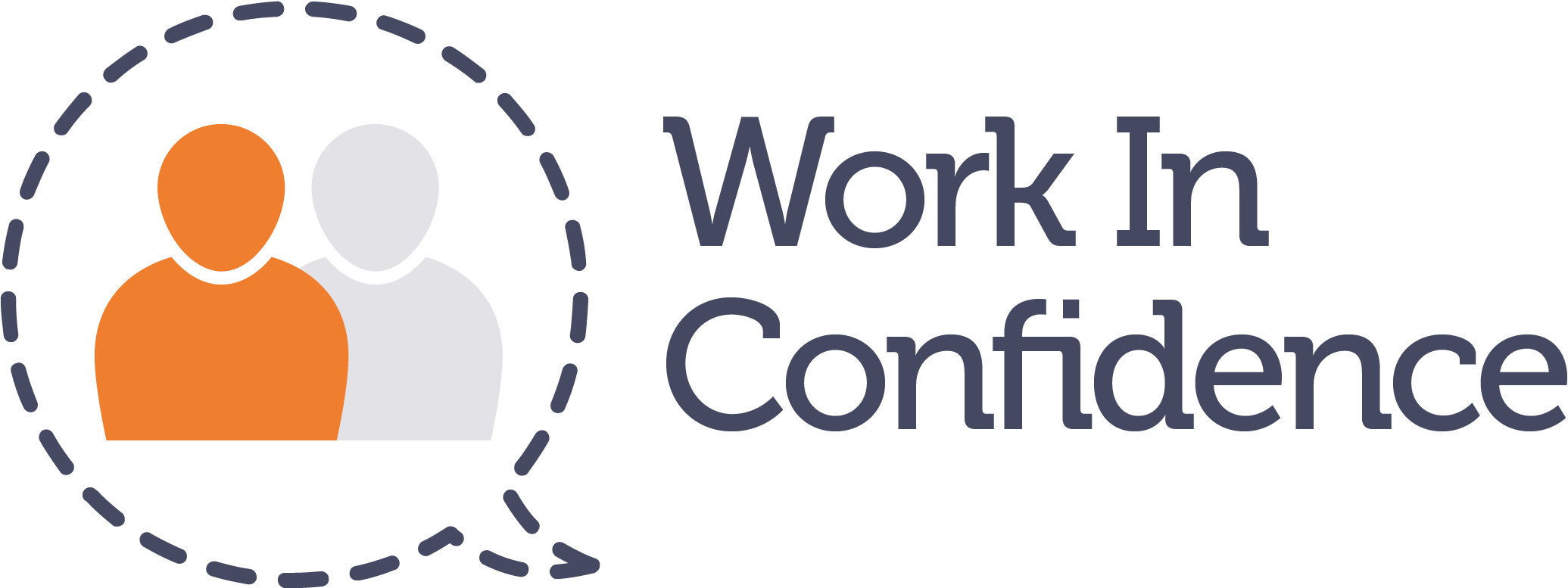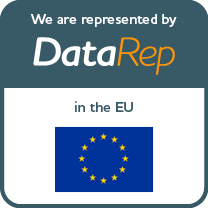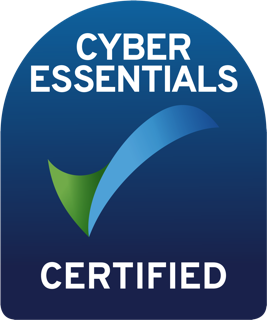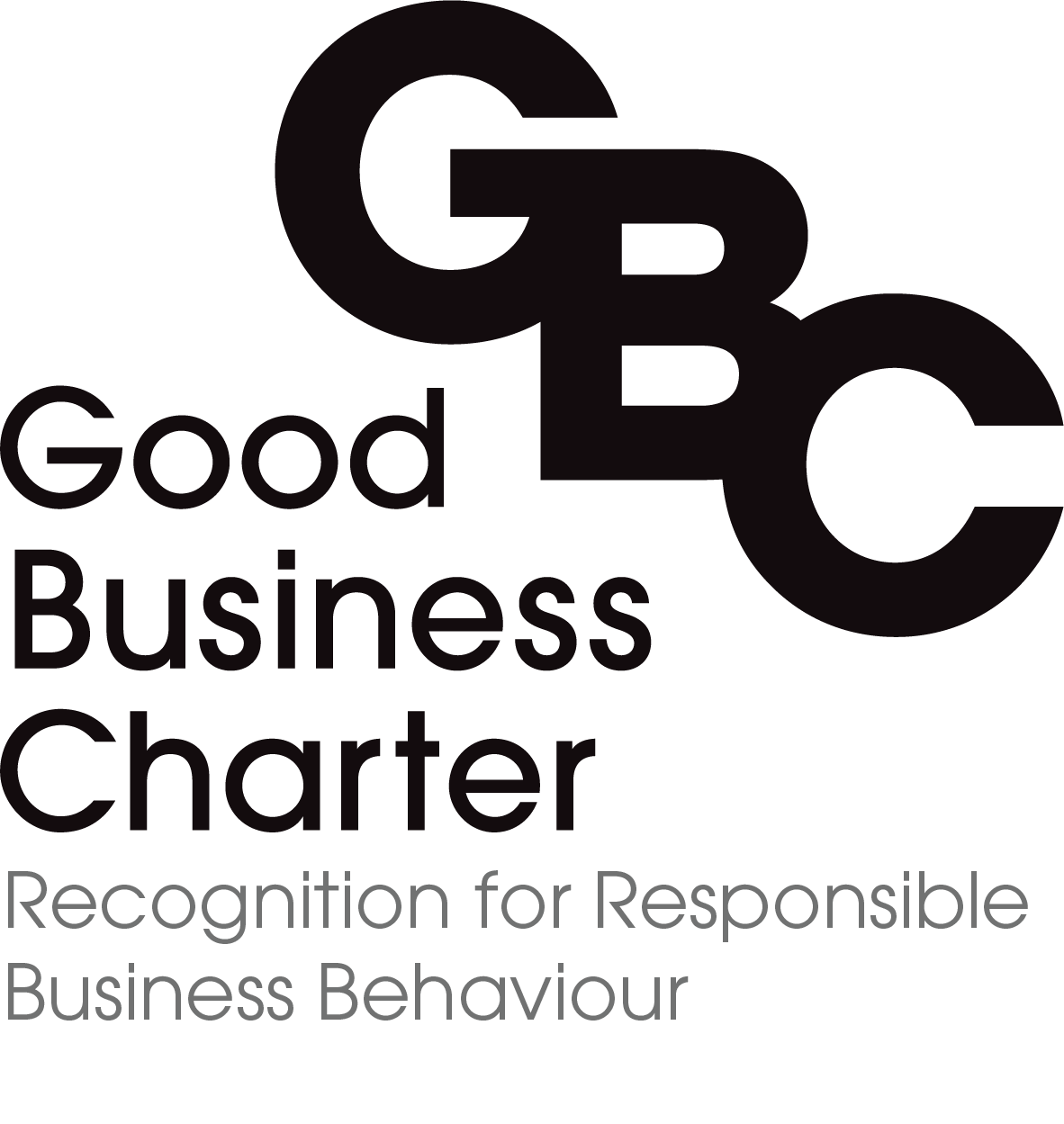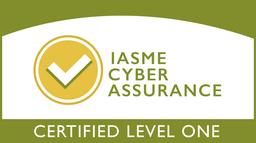The age of the whistleblower may be good for your business, better for governance
Whistleblowing has a long and interesting history. From Daniel Ellsberg and the Pentagon papers to Chelsea Manning, Edward Snowden, Dr Haley Dare, Helene Donelly, and others, whistle-blowers have revealed some of the biggest cover-ups in the secret services and governments. Unfortunately, the public perception of whistleblowers is usually harmful.
To many casual observers and those at the receiving end of allegations, whistleblowers are attention seekers more interested in humiliating their employers than exposing wrongdoing. This is why in many cases, whistleblowers are stifled even after revealing the truth.
“I never wanted to be a whistleblower,” wrote Frances Haugen, a former Facebook employee who rocked the world with revelations of Facebook’s alleged misconduct, “but lives were in danger.”
Frances Haugen
Last year, Government staffer, Sir Philip Rutnam, was awarded £340 000 after being forced into resigning after blowing the whistle on alleged bulling practices in the Home Office. He’s still serving the remainder of his 24-month restraint but was recently appointed to an NHS Board.
This is not the outcome a whistleblower should have to endure.
Protecting whistleblowers
In 2019 the European Union introduced the EU Whistleblower Protection Directive to protect whistleblowers from detriment in their employment if a whistleblower makes a “qualifying disclosure”.
It’s the organisation’s responsibility to have policies, processes, and platforms in place to adequately protect those who speak up. Yet, many policy documents are not robust enough in the digital world. Many whistleblowers fear being victimised if they speak up internally; many don’t trust the organisation they work for, so they turn to social media. Having employees speak up on social media is far more damaging to an organisation’s reputation. And costlier, too.
So how do you go about fixing negative perceptions and building trust?
Whether it is the Public Interest Disclosure Act of 1998, Sarbanes-Oxley, Dodd-Frank Acts, or the directive issued by the EU in 2019, having an internationally compliant whistleblowing programme that provides a safe, confidential programme to raise issues and concerns is no longer an option, it’s imperative.
This month we spoke with Neil Tyson, from Rightway Compliance and the creator of the Fraud Management Resource Centre, who shared his views on aligning how to align whistleblowing programmes to an organisation’s environmental, social, and governance (ESG) risks and ensure they comply with today’s international standards.
Successful whistleblowing programmes provide accessible and confidential platforms employees feel they can trust. The organisation, then, needs to be responsive and track disclosures to show a commitment to act and find a resolution.
The consequences of failure to do so are dire nowadays. Cancel culture, and negative social media campaigns have the power to cripple good businesses, so good business needs to be committed to hearing what their people have to say.
Anonymous Speak Up is one such tool from WorkInConfidence. It enhances organisational health by ensuring that all staff have access to an accessible confidential platform to raise issues with confidence. An age-old failure of leadership – at any level – is believing they are highly trusted; meanwhile, it’s not uncommon for internal surveys to reveal that less than half the staff “fully trust” their leaders.
Providing a platform for staff to speak up and feel like they are being heard builds trust. And trust is a powerful tool that can accelerate business performance and productivity.
In a business ecosystem, Speak Up platforms are not complaints boards but act instead as business transformation tools. They are more effective and cost-effective to implement than dealing with commissions of inquiry and investigations, so why not start there? By being proactive and ethical by design, organisations can address the cause of these issues and not just the symptoms, taking the organisation from surviving to thriving.
You may find the following resources helpful:
